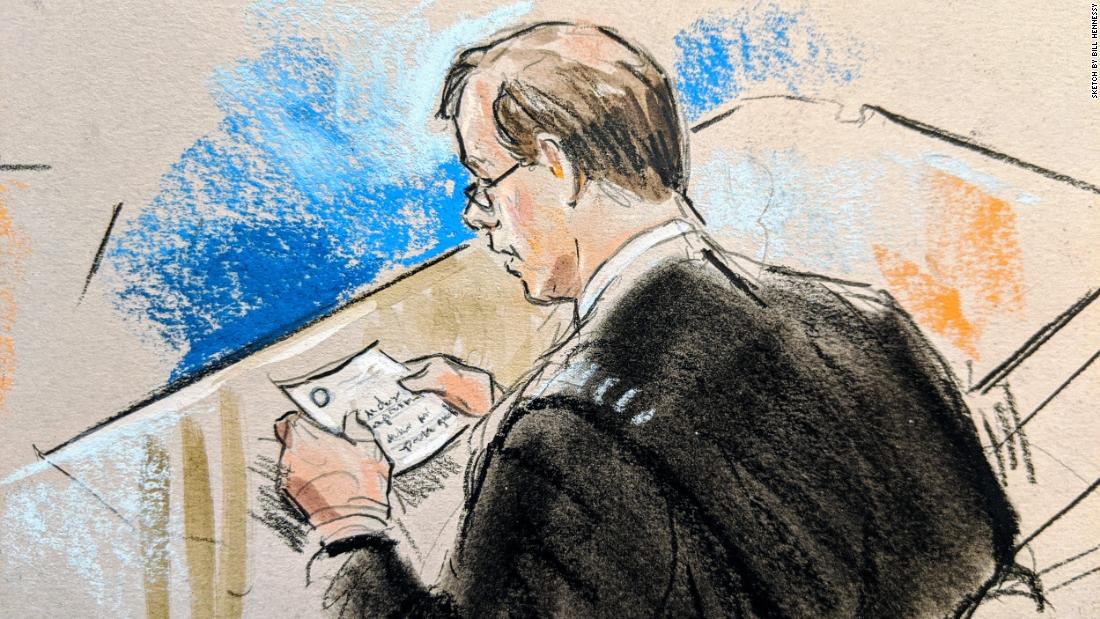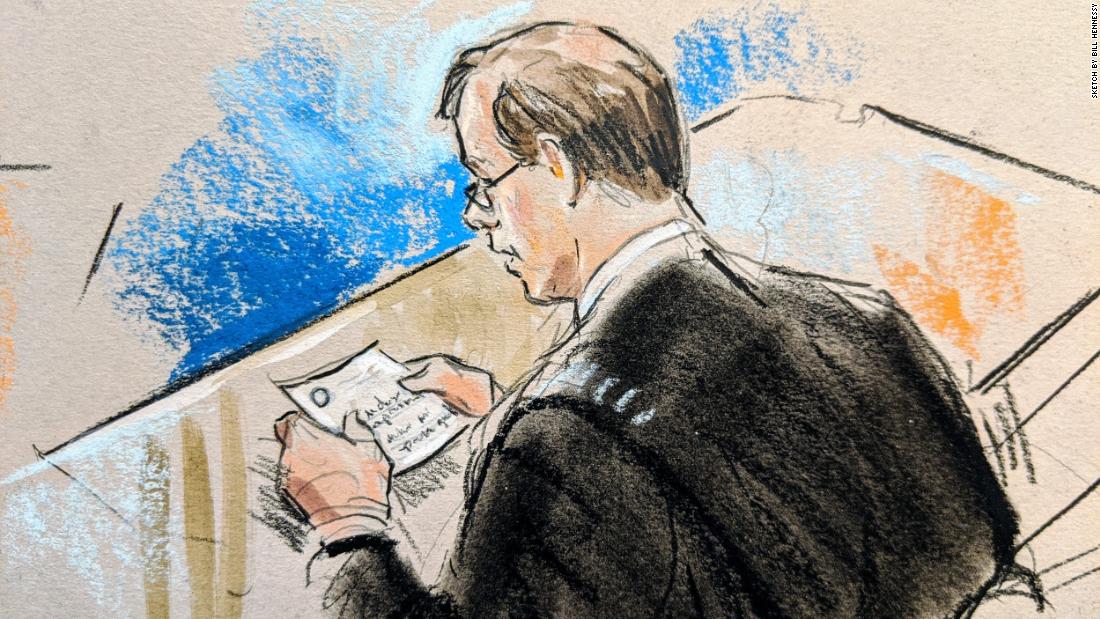[ad_1]

“If it ends in a tie? Well, I mean if you don’t have a majority, then it fails, yeah, the motion fails,” Sen. John Thune, a Republican from South Dakota and a member of GOP leadership, told CNN on Wednesday when asked about the vote on witnesses.
“I think the likelihood is — strong likelihood — is he would not break a tie and I would respect his position if he didn’t,” Democratic Sen. Richard Blumenthal of Connecticut said of the chief justice.
Democratic Sen. Bob Casey of Pennsylvania said, “I’m assuming that on something that fundamental, he’s gonna make — he’ll have the Senate make the determination.”
Asked then if a 50-50 vote would fail, Casey responded, “That’s my understanding.”
The Constitution also dictates that the chief justice must preside during a presidential impeachment trial, but nowhere does it say that the chief justice would have tie-breaking power while serving in that role.
Some Democratic senators, however, are still hoping that Roberts might intervene in the event of a tie.
“There is actually precedent for that,” Democratic Sen. Chris Coons of Delaware told CNN, when asked if there’s been discussion among Democrats over whether the chief justice could break a tie vote on witnesses, pointing to the impeachment trial of former President Andrew Johnson.
During that trial, in 1868, Chief Justice Salmon Chase broke tie votes twice, but those moves and his political stance throughout that trial remain controversial today.
Asked if Democrats believe that the chief justice could potentially break tie votes again during the current impeachment trial, Coons said, “Yes, I mean, I don’t speak for all Senate Democrats. It’s something I think could happen.”
In contrast, during the 1999 impeachment trial of former President Bill Clinton, Chief Justice William Rehnquist saw his role as limited, famously remarking that he “did nothing in particular, and did it very well.”
“There is precedent,” Blumenthal said, but he added, “It’s not modern precedent.”
Senate Republicans with only a few exceptions, however, have pushed back, arguing that calling witnesses would unnecessarily delay the trial and that the Senate is not responsible for pursuing lines of inquiry that the House of Representatives did not in its own impeachment investigation.
The partisan divide has led to tense debate over whether additional testimony should be allowed and intense speculation over what will happen when the Senate votes to decide whether to permit calling witnesses — a vote expected to take place on Friday following the conclusion of Thursday’s question-and-answer session.
CNN’s Joan Biskupic and Ali Zaslav contributed to this report.
[ad_2]
Source link

